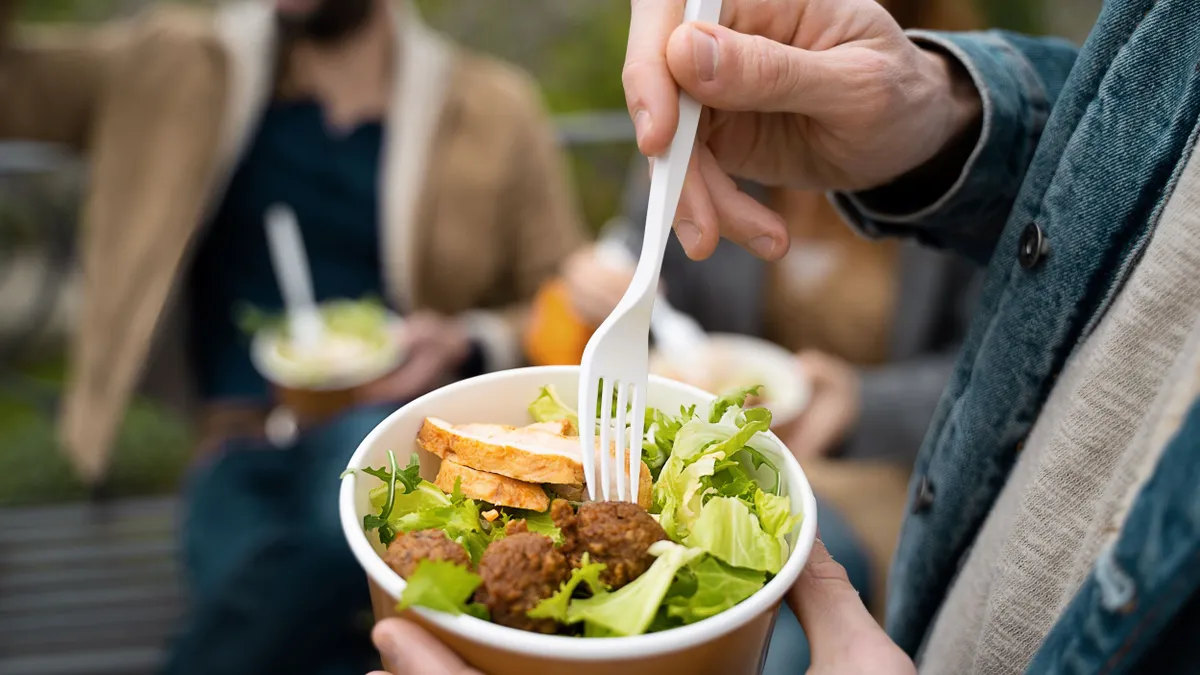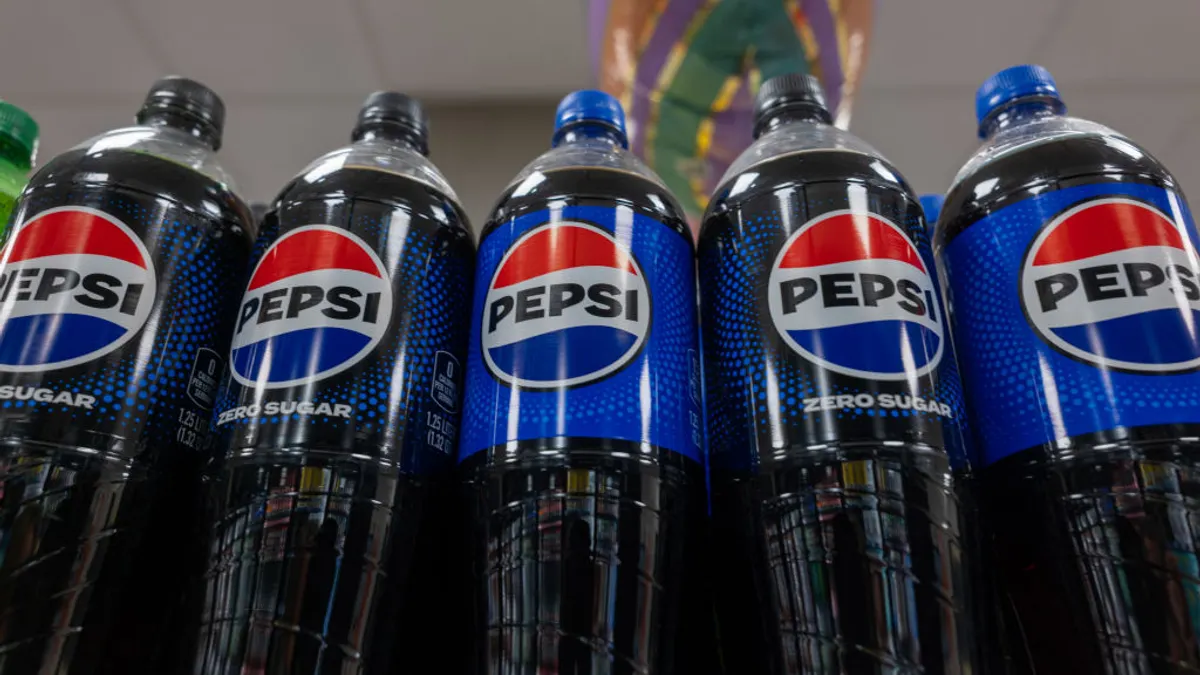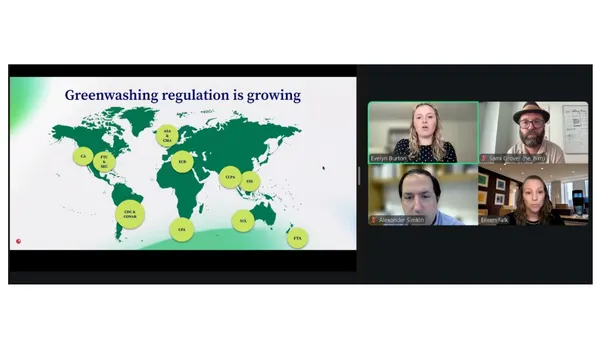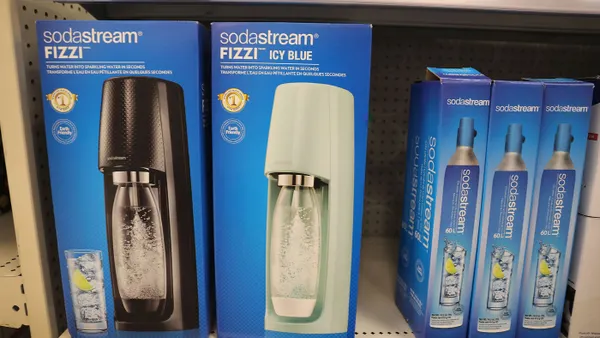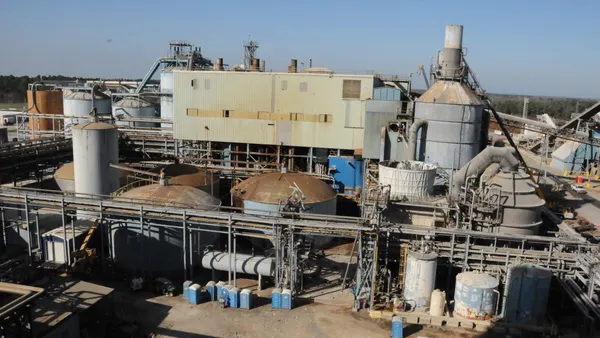Dive Brief:
- The Composting Consortium, in partnership with the U.S. Composting Council and Biodegradable Products Institute, is starting a grant program to increase the recovery of food-contact compostable packaging.
- Grant awards can be as high as $50,000, though the total funding availability was not disclosed. Applications are open through June 13, and all projects must be completed by March 1, 2026.
- This is the latest move by the Composting Consortium, which is managed by Closed Loop Partners’ Center for the Circular Economy, to bolster and scale organics recycling infrastructure.
Dive Insight:
While compostable packaging is viewed as a way to increase overall food scrap recovery volumes, its acceptance and value in the system elicits a range of opinions. Some composters have welcomed it, while others cite concerns about how the material breaks down and whether it invites non-compostable plastics.
The consortium’s new grant program aims to help composters, local government and nonprofits fund on-site equipment improvements, public education, testing and market development related to packaging.
Recipients of the grant will be notified by July 30. Preference will be given to projects than be completed by Oct. 1, with 50% of funds awarded up front and the remainder upon completion. All funding will be sent by Nov. 1.
The USCC and BPI are also part of the group, which launched in 2021. The group’s supporting partners include companies such as Mars, PepsiCo, Eastman, Target and Kraft Heinz, along with support from packaging and materials companies such as Eco Products, Tipa, Atlantic Packaging and Jadex. The list also includes over a dozen composters from different parts of the U.S. and a range of nonprofit advisory partners.
According to a 2023 survey published in partnership with BioCycle, an estimated 70% of the commercial composting facility respondents in the U.S. accepted “limited formats of food-contact compostable packaging.” A smaller share of curbside and drop-off organics recycling programs accepted the material.
The consortium published research last year showing that certain compostables will reliably break down. The group has also published other resources about the need to scale organics recycling infrastructure, how to start local programs and why compostables should be included in extended producer responsibility discussions.
A growing number of brands and retailers have been shifting certain products into compostable packaging as part of broader plastic reduction efforts. Though the policy landscape remains complex, with some states passing regulations that could affect the sale of these products. A California law could limit the sale of compostable packaging by January unless it meets the standards to be allowed in National Organic Program compost.
BPI has petitioned the U.S. Department of Agriculture’s National Organic Standards Board to update this definition. The process hasn’t notably advanced and remained ongoing as of the board’s recent spring meeting.
BPI also launched its own microgrant program last year to fund similar efforts. That program offered grants of up to $5,000, with a total budget of $35,000, and is set to wrap up its funding disbursement cycle in June.



